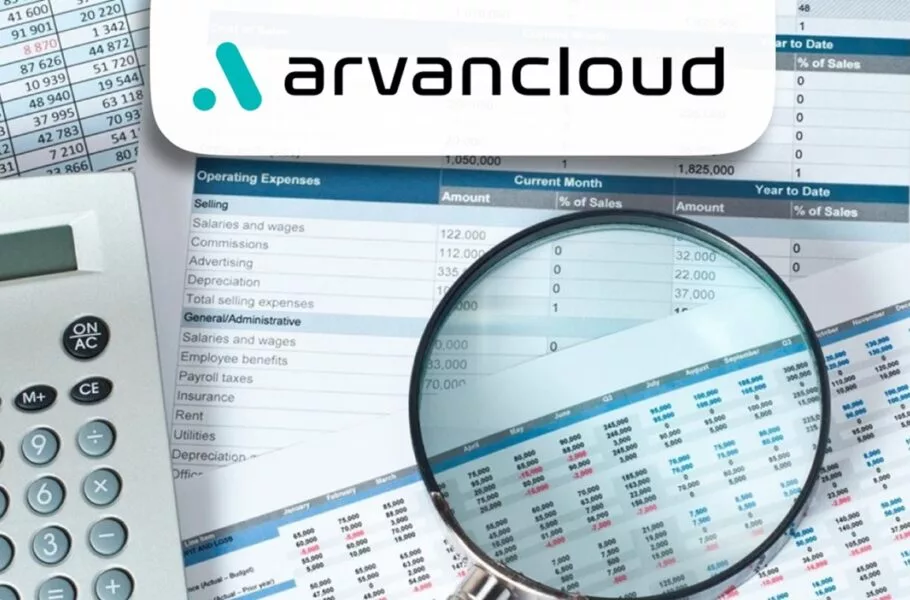
Arvancloud Net Profit Declines Despite Growth in Revenue
The primary cause of the drop in net profit was a double increase in financial expenses, like loan interest, delayed payments, and financing fees.
In the fiscal year 1403 (2024-2025), despite a 45% increase in revenue, ArvanCloud experienced a 27% drop in net profit compared to the previous 11 months of 1402 (2023-2024).
According to audited financial statements, the company's revenue for 501 billion tomans was increased by increased use, a growing base of customers, and higher prices for products. But net profit dropped to 52.642 billion tomans.
The primary cause of the drop in net profit was a double increase in financial expenses, like loan interest, delayed payments, and financing fees. The report indicates that ArvanCloud has 501 billion tomans worth of short-term loans at present, some 75% of which have been issued by Pasargad Bank. What is notable here is that ArvanCloud is a subsidiary of Fanap and Pasargad Bank.
Capitalization of 167 Billion Tomans of Payables
52 billion tomans net profit was achieved while ArvanCloud capitalized over 167 billion tomans of payables based on auditing principles. That is, the firm recorded these payments as a capital expenditure, and only a small portion influenced its annual profit and loss.
From the released financial reports, ArvanCloud has spent 235 billion tomans on its IaaS2 project that is scheduled to start operation this year.
Today, half of the firm's revenue is generated from cloud infrastructure (IaaS), and another 40% from content delivery network (CDN) and web acceleration services.
Another point is the absence of revenue dependence on Fanap and Pasargad Bank from ArvanCloud. Past financial records indicate that more than 90% of its operating income is derived from other customers, whereas affiliated companies have contributed a fluctuating portion of up to 10%.
Moreover, 46% of operating costs of ArvanCloud are bandwidth charges. The report goes on to state that these costs are due to overflow utilization in data centers operated by Asiatech, MobinNet, and Respina with a consumption-charging mechanism on a monthly basis.










